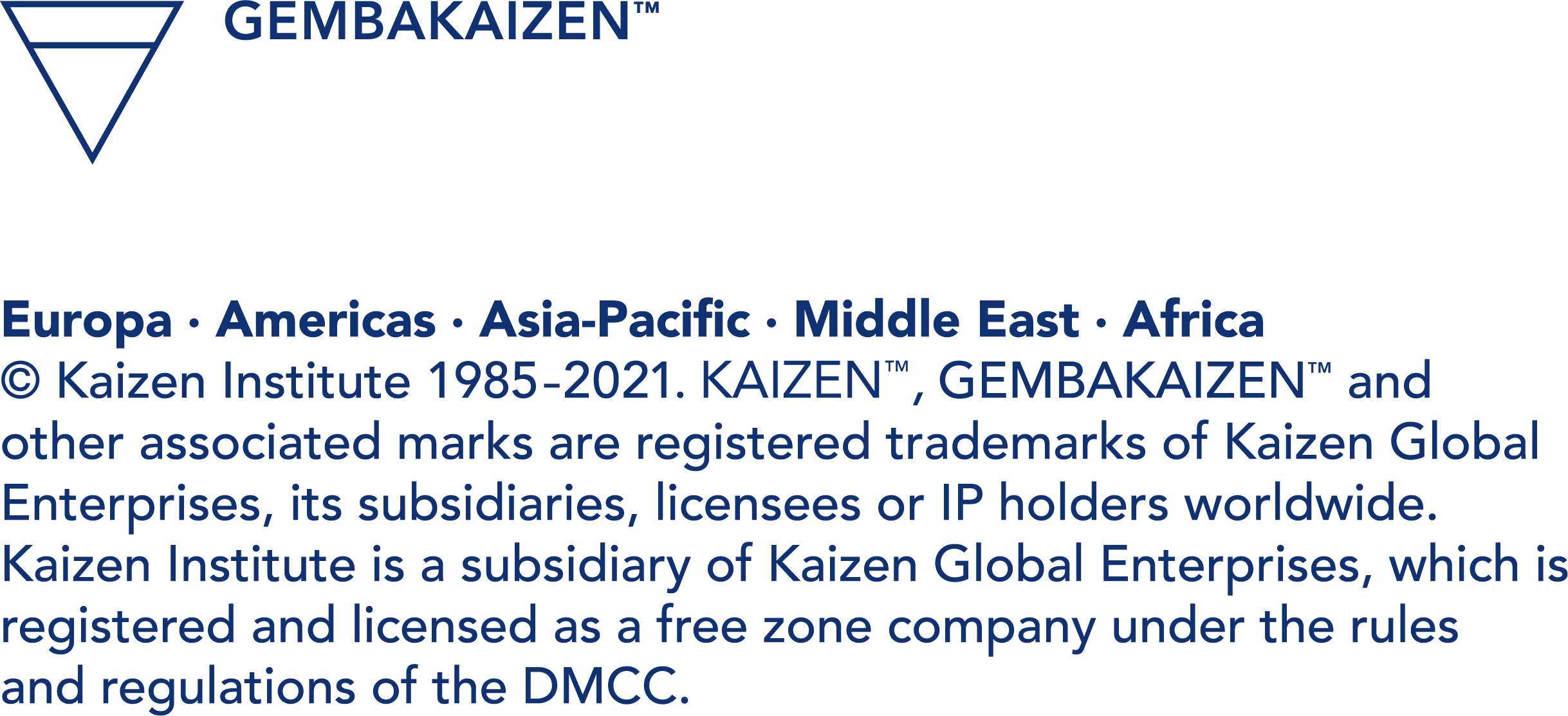Lean Measurement is a term we have coined to describe the full range of measurement requirements that should accompany the KAIZEN™ or Lean improvement journey for an organisation. Lean accounting is a big part of Lean Measurement, focusing in particular on costing systems and the drivers of cash return – as well as making improvements to the operation of the accounting function itself!
Bill Waddell is a highly-regarded Lean consultant and speaker in the US. He has written in the last few days in Evolving Excellence blog about the importance of Lean accounting. He has just visited 11 different companies across four states:
The experience convinced me that companies pursuing Lean can be divided into two distinct categories - those that have embraced Lean Accounting, and those that haven't. The Lean accounting companies are in the big leagues - they are making improvements at a much greater rate and they have a keener grasp of where their improvement efforts will bear the most fruit. Those that aren't are doing a lot of Lean things, but bringing far less to the bottom line, and making fewer improvements in areas critical to achieving their strategic objectives.
Lean accounting is not well utilised in Lean efforts in New Zealand but since I joined full-time at Kaizen Institute we have been talking about it to a number of clients and other organisations. We also delivered training on the principles of Lean Measurement with a client in Malaysia earlier this year.
The reason for the divide between the high achievers and the rest of the pack is pretty simple. If your company is using a standard cost system, you don't really know what your costs are. You're using bad data based on flawed assumptions and illogical ideas of allocations, as well as assumptions about fixed and variability that make little or no sense.
Standard costs are guesses, based on history, that don’t adapt quickly at all to changes in the underlying drivers, whether improvements being made continuously by employees, or market driven changes such as changes in customer demand or supplier costs. That means decisions made based on standard cost don’t reflect the true cost position at the time the decision is made.
It is a stroke of luck when you actually do something to make a meaningful improvement to an significant cost area. For the most part, your improvement efforts are fighting against the cost system. Lean accounting is driven by a couple of key principles, but perhaps the most important in the current economy is that the 'real numbers' are based on cash.
Business generally seemed to forget through the last decade that accounting profits are only secondary indicators of the true return that owners of businesses are actually chasing. Cash is the only real currency out there – you can’t buy anything with profit.
That is why the traditional companies are way up a creek without a paddle and are laying off in droves in the current tight credit economy, while Lean companies are relatively unfazed.
Truly Lean companies with strong Lean measurement credentials have high visibility of cash through their value streams. They also make their cash-to-cash cycles as short as possible. This means that any market drivers quickly translate into production or delivery cost signals and appropriate decisions also follow quickly. There is little inventory to get in the way and no standard costs that don’t adjust until months or even a year later.
Taiichi Ohno summed up the Toyota Production System rather succinctly when he said, "All we are doing is looking at the time line, from the moment the customer gives us an order to the point when we collect the cash. And we are reducing the time line by reducing the non-value adding wastes".
And of course the Toyota Production System is the foundation on which the KAIZEN™ Management System is built!












